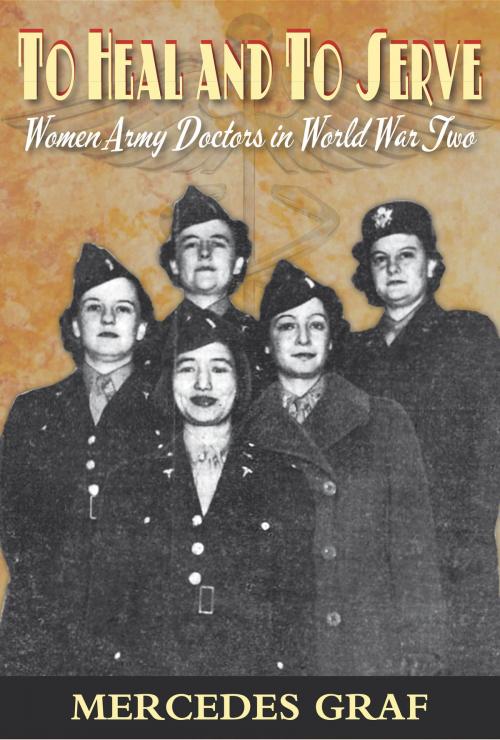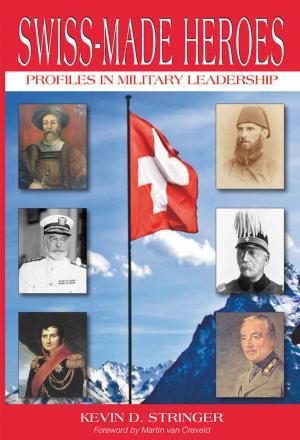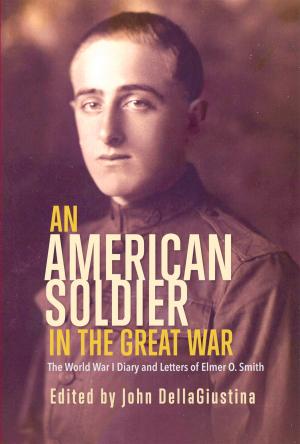To Heal and To Serve
Women Army Doctors in World War Two
Fiction & Literature, Cultural Heritage, Biography & Memoir, Historical| Author: | Mercedes Graf | ISBN: | 9781555717452 |
| Publisher: | Hellgate Press | Publication: | January 15, 2014 |
| Imprint: | Hellgate Press | Language: | English |
| Author: | Mercedes Graf |
| ISBN: | 9781555717452 |
| Publisher: | Hellgate Press |
| Publication: | January 15, 2014 |
| Imprint: | Hellgate Press |
| Language: | English |
The book covers the subject of WWII women medical officers in-depth--something that has not been previously attempted. Since commissioning was not granted until April of 1943, their Army service was relatively short, and for the majority of the women medical officers, it was only an interlude in their professional lives. This brings up several questions. What were their lives like before they volunteered? What did they do when they were in the Army? How did crossing gender lines affect their wartime military experiences? What career paths did they follow in postwar years? Mercedes Graf has uncovered stories that answer these questions and testify both to the character and the convictions of these women as individuals, as doctors, and as pioneer medical officers. And the stories are as varied and sometimes as incredible as the women themselves.
The book covers the subject of WWII women medical officers in-depth--something that has not been previously attempted. Since commissioning was not granted until April of 1943, their Army service was relatively short, and for the majority of the women medical officers, it was only an interlude in their professional lives. This brings up several questions. What were their lives like before they volunteered? What did they do when they were in the Army? How did crossing gender lines affect their wartime military experiences? What career paths did they follow in postwar years? Mercedes Graf has uncovered stories that answer these questions and testify both to the character and the convictions of these women as individuals, as doctors, and as pioneer medical officers. And the stories are as varied and sometimes as incredible as the women themselves.















